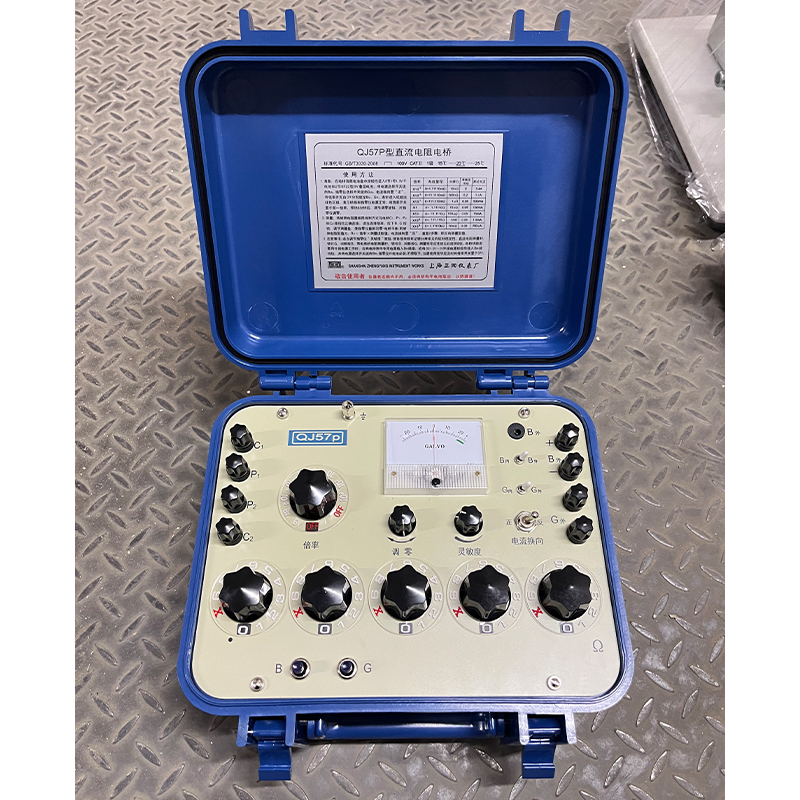Tensile Strength Measurement Solutions for Fabric Testing Equipment Suppliers
Tensile Strength of Fabric Testers A Guide to Suppliers
Tensile strength testing is a crucial aspect of evaluating the quality and durability of fabrics used in various industries, including apparel, automotive, and upholstery. As manufacturers strive for high standards in their products, selecting the right fabric tester and sourcing it from reliable suppliers becomes imperative. In this article, we will explore the significance of tensile strength in fabrics, the types of fabric testers available, and key suppliers in the market.
Understanding Tensile Strength
Tensile strength refers to the maximum amount of tensile (pulling) stress that a material can withstand before failure. For fabrics, this measurement is essential as it determines how much force the material can endure while being stretched. Different applications require varying tensile strengths; for example, outdoor fabrics used in tents must withstand harsh weather conditions, whereas fabrics for everyday clothing prioritize comfort and flexibility.
The testing of tensile strength is typically done by applying a specific force to a fabric sample until it breaks. The results are expressed in units such as pounds per inch (lb/in) or Newtons per meter (N/m), which indicates how strong the fabric is relative to its dimensions.
Types of Fabric Testers
Fabric testers designed for tensile strength measurement come in various forms, tailored to meet the needs of diverse industries. The primary types include
1. Universal Testing Machines (UTMs) These machines are versatile and can test a variety of materials, including fabrics, by measuring tensile strength, compression, and other properties. They are equipped with precise measurement tools that provide accurate results.
2. Fabric-Specific Testers Some testers are designed specifically for textiles, featuring specialized grips and fixtures that hold the fabric in place while testing. This ensures minimal deformation of the material, leading to more accurate readings.
3. Computerized Testing Equipment Modern testing machines are often integrated with software that allows for advanced data analysis and reporting. These systems can store test results, generate reports, and even simulate various conditions to predict performance.
tensile strength of fabric tester suppliers

4. Portable Tensile Testers For field testing, suppliers also offer portable devices that allow manufacturers and quality control personnel to conduct tensile strength tests on-site. While they may not provide the same level of precision as laboratory equipment, they are invaluable for quick assessments.
Finding Reliable Suppliers
When it comes to sourcing fabric testers, choosing a reputable supplier is essential to ensure the quality of the equipment and customer support. Here are some key factors to consider
- Experience and Expertise Look for suppliers with a proven track record in the textile testing industry. Their experience can provide insights into what equipment is best suited for specific applications.
- Product Range A good supplier should offer a variety of testing machines, allowing you to choose the one that fits your needs best. This includes options for both basic and advanced testing.
- Customer Support and Training Consider suppliers that provide comprehensive customer support, including installation, maintenance, and training on how to use the equipment effectively.
- Certifications and Compliance Ensure that the suppliers’ machines meet industry standards and offer calibration services, as accuracy is critical in tensile strength testing.
Conclusion
The tensile strength of fabrics is a fundamental property that impacts their performance and longevity in various applications. By understanding the types of fabric testers available and partnering with reputable suppliers, manufacturers can ensure that they achieve accurate and reliable results in their testing processes. As the market evolves, investing in high-quality testing equipment will remain a vital component of any fabric production and quality assurance strategy.
-
The Role of Tensile Force Testers in Quality Control and Material Science
NewsAug.01,2025
-
Maintenance and Safety Tips for Aging Ovens
NewsAug.01,2025
-
Density Balance in Forensic Science
NewsAug.01,2025
-
Advanced Optical Measurement Technologies
NewsAug.01,2025
-
A Buyer’s Guide to Tensile Test Machines
NewsAug.01,2025
-
Why the Conductor Resistance Constant Temperature Measurement Machine Redefines Precision
NewsJun.20,2025
 Copyright © 2025 Hebei Fangyuan Instrument & Equipment Co.,Ltd. All Rights Reserved. Sitemap | Privacy Policy
Copyright © 2025 Hebei Fangyuan Instrument & Equipment Co.,Ltd. All Rights Reserved. Sitemap | Privacy Policy
